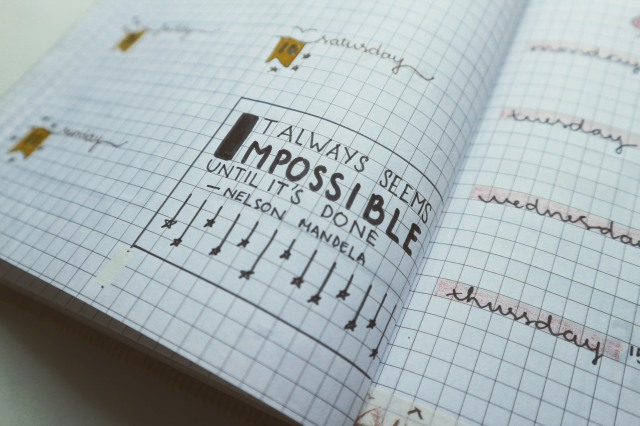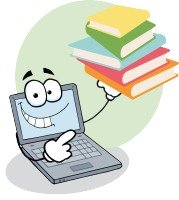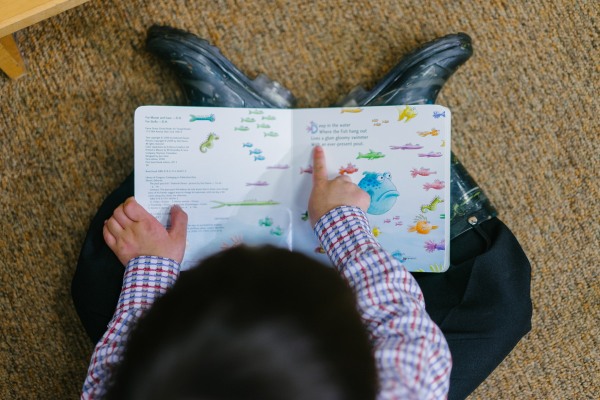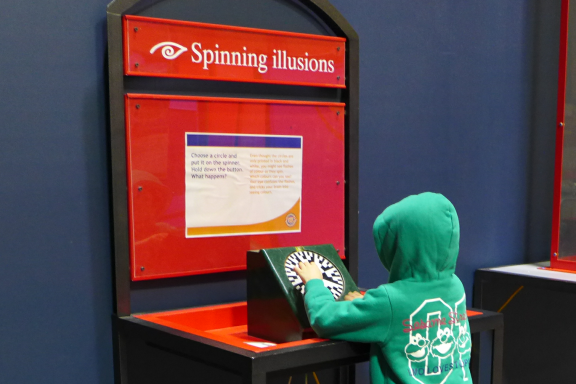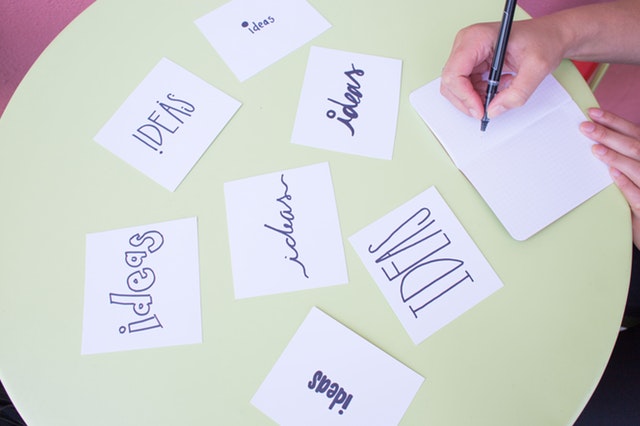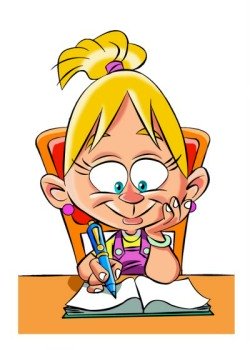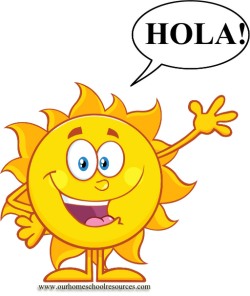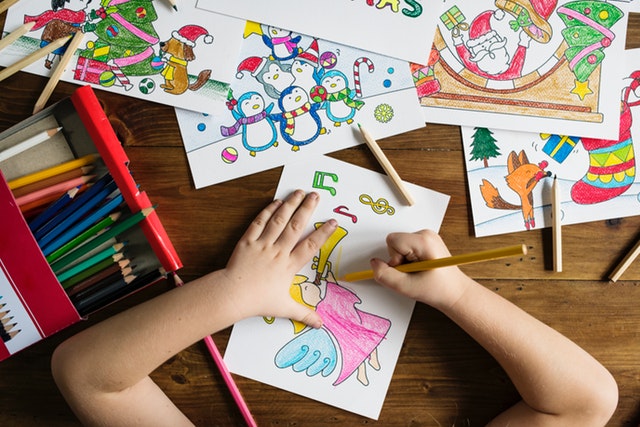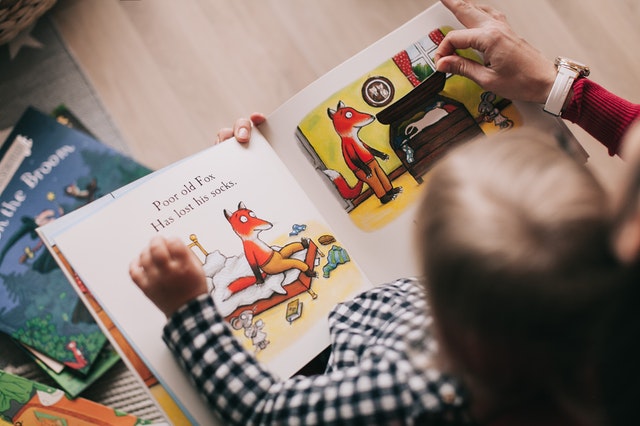Homeschool Reading Comprehension Curriculum
If you are looking for a homeschool reading comprehension curriculum, here is a sample guide, which you can constantly change to suit your child's interests and abilities.
Sample Homeschool Reading Comprehension Curriculum
Weeks 1-4: Introduction to Stories & Basics
Book: A collection of short stories suitable for the child's age.
Focus: Recognizing the beginning, middle, and end of a story.
Activities: Drawing story arcs, discussing main characters and setting.
Weeks 5-8: Exploring Fiction
Book: A beginner's chapter book.
Focus: Distinguishing between fact and fiction.
Activities: Imagining alternative endings and discussing what parts of the story couldn't happen.
Weeks 9-12: Adventure & Exploration
Book: An adventure novel tailored for kids.
Focus: Identifying the main problem and solution in a story.
Activities: Making a map of the story's journey and predicting future adventures.
Weeks 13-16: Dive into Non-Fiction
Book: A children's biography or a non-fiction book on a fun topic (like animals or space).
Focus: Extracting facts and understanding the sequence of events.
Activities: Creating a timeline of events listing out fun facts learned.
Weeks 17-20: Mysteries & Problem Solving
Book: A kid-friendly mystery novel.
Focus: Making predictions and looking for clues.
Activities: Playing detective: noting clues and guessing 'whodunnit' before the end.
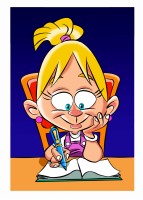
Weeks 21-24: Folktales & Myths
Book: A collection of folktales or myths from around the world.
Focus: Recognizing lessons or morals in stories.
Activities: Drawing or acting out favorite myths, discussing lessons learned.
Weeks 25-28: Exploring Poetry
Book: A poetry book for kids.
Focus: Feeling the rhythm and identifying simple poetic devices.
Activities: Writing short poems using rhymes in daily speech.
Weeks 29-32: Historical Stories
Book: A historical fiction novel suitable for kids.
Focus: Relating stories to actual historical events.
Activities: Research the events behind the story, discussing how life was different in that period.
Weeks 33-36: Review & Choice Reading
Book: Let the child choose any book or revisit a favorite from earlier in the year.
Focus: Enjoy reading and reflecting on growth over the year.
Activities: Book discussions, sharing favorite moments, and looking forward to next year's reading adventures.
The aforementioned homeschool reading comprehension curriculum is a general roadmap, and what's cool is you can tweak it based on what your child loves. They may be super into space, so you spend more weeks on space books. They may get hooked on mysteries and want to explore them more. It's all about making reading an exciting journey!
Books for Kids to Read
Boys Without Names
by Kashmira Sheth
This is part of my children's homeschool reading curriculum. One of them loves this book as soon as he started reading it. He spent a lot of time reading it until he finished the whole book. And he likes reading over and over, too. It's one of his favourites. This is a powerful book that is too rare these days. It reveals some of the experiences happening to children around the world today. It can open your heart to the plight of those who are suffering. It is filled with tales of ancient India. All the characters are so true to life. It is really important that young people should learn about the world around them.
Little Pear
by Eleanor Frances Lattimore
I also included this book in our homeschool reading curriculum. 2 of my kids love this book. This is a great chapter book for the young readers. It is both absorbing and well written. It is gentle without being bland. It has a great insight into a different culture, not overburdened by it, simple language, and interesting adventures.
Little Pear is a young boy who lives in a small village in China. Although his story takes place long ago, he is much like any little boy today--always on the lookout for excitement and adventure! Little Pear is just looking for fun, but he has a knack for finding trouble without even trying! Join him as he stows away to the fair in a wheelbarrow full of vegetables, nearly flies away on a kite, has a mishap with a firecracker, and is rescued from the river by a houseboat family.
The Success Principles for Teens
How to Get From Where You Are to Where You Want to Be
by Jack Canfield
I included this book for my son's homeschool reading curriculum and I am happy that he picks it to to read without me telling him to.
Everyone wants to be successful—and today's youth are no exception. After the massive success of Jack Canfield's The Success Principles,
thousands of requests came rushing in to develop the most important
success strategies for today's teenagers. Their calls have been
answered.
Even though many teens are urged to get good grades,
many feel lost when it comes to setting powerful goals and creating the
life they really want. Jack Canfield, cocreator of the famed Chicken
Soup for the Soul series has teamed up with successful author and young
entrepreneur Kent Healy to design a fun and engaging teen-friendly book
that offers the timeless information and inspiration to get from where
you are to where you really want to be.
What's in our homeschool...
Finding the right homeschooling curriculum that best fits my children's needs was one of the most significant challenges I had when we first started our journey. I found different curricula that best suit my children's needs...
As a parent, a homeschooled reading curriculum was at the top of my mind when we started homeschooling. English was one of the requirements in our state, and what better way to learn English than to read. Getting kids interested...
There are various homeschool math curricula that you can use in your homeschooling. As for me, I use Mathletics and Khan Academy for my children. They are beneficial for us. I use Mathletics for our homeschool math ...
A homeschool art curriculum has a lot of benefits to children. This includes the development of language and communication skills, dexterity, motor skills, creativity, focus, persistence, problem-solving skills, collaboration...
Our homeschool science curriculum includes a few different things. Science is really a wonderful thing to be studied and explored. When we introduce our children to various opportunities for science learning, they will experience...

